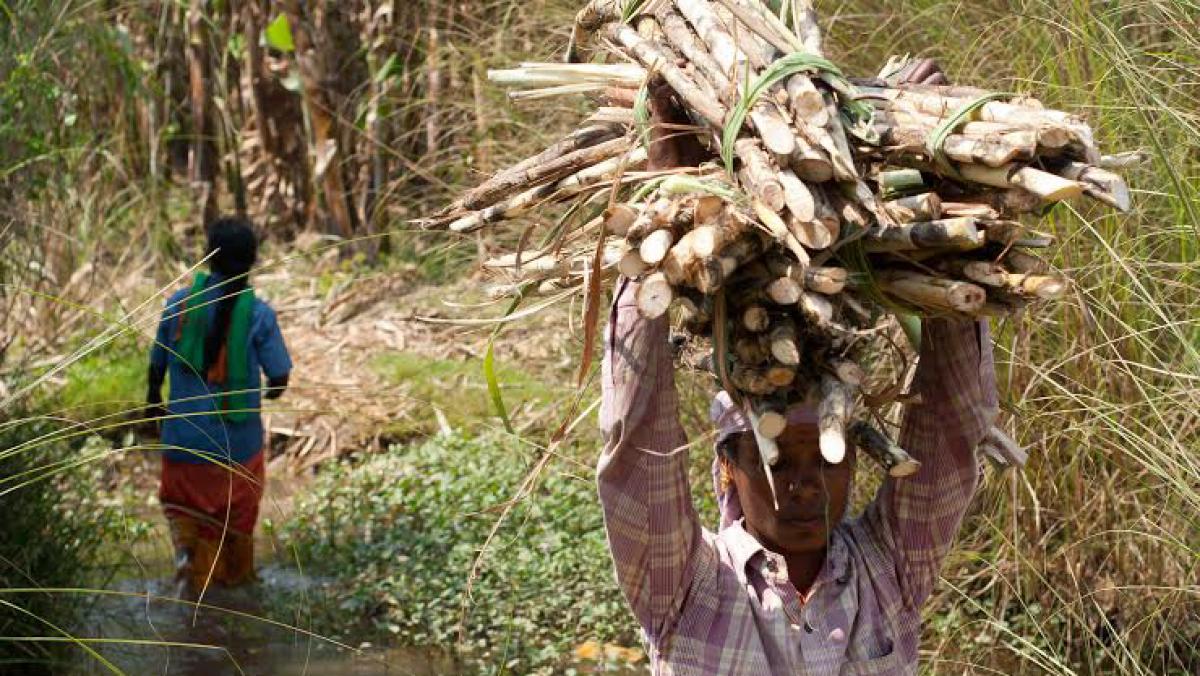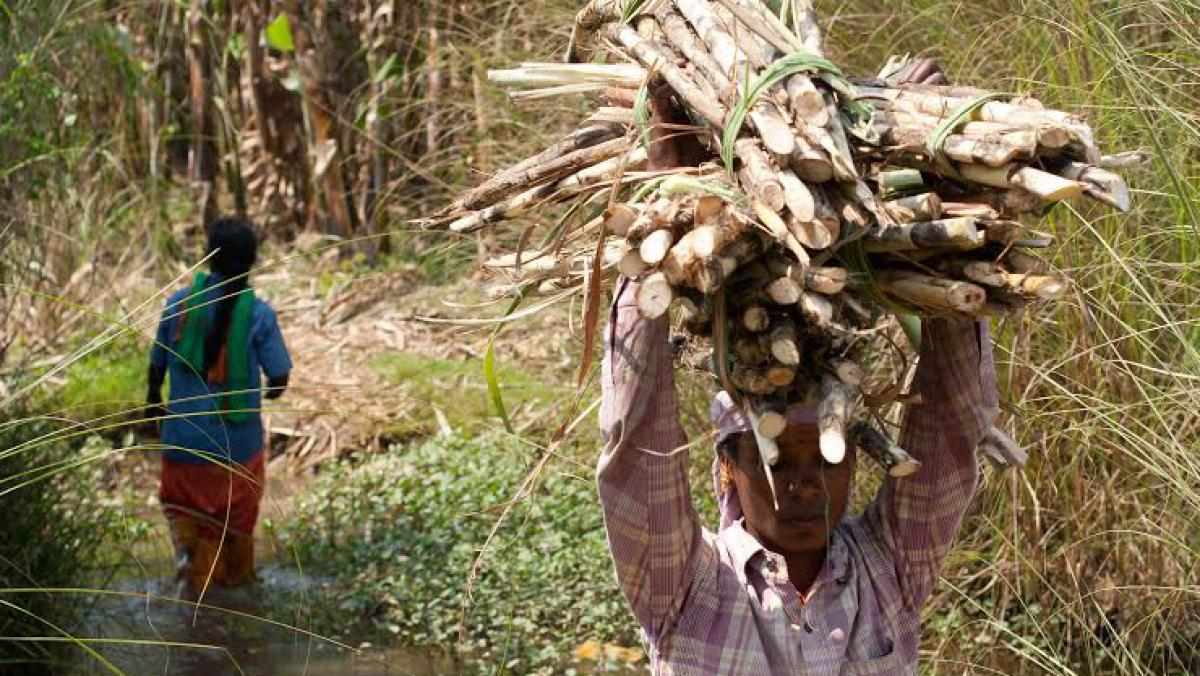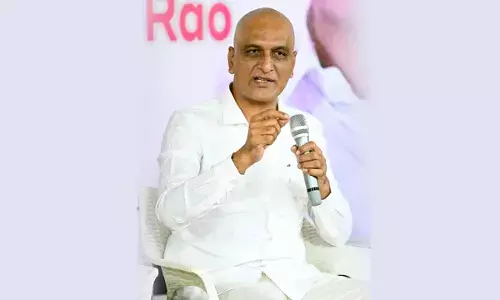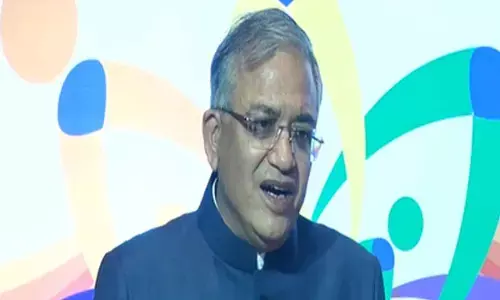Sugarcane farmers left in the lurch

Heading towards a crisis with sugar prices in India tumbling to a five-year low, the sugar industry desperately needs a solution that ensures a level playing field among the stakeholders especially between the producer and the miller to pull it out of the woods.
Seven private millers and three joint ownership firms in Telangana owe about Rs 144 crore to the farmers as on July 15

Warangal: Heading towards a crisis with sugar prices in India tumbling to a five-year low, the sugar industry desperately needs a solution that ensures a level playing field among the stakeholders especially between the producer and the miller to pull it out of the woods.
While the sugar mill managements contend that they were fighting an unequal battle against the government’s policies, the sugarcane farmers rue that their problems largely remained untouched by the political leaders. The contention of the 509 millers across the country who produce 2.83 crore tonnes a year is that they have been incurring losses for the last few years as the sugar prices outstripped production costs including high cane prices.
With this, there has been a cascading effect on outstanding payments to farmers nationwide that have now escalated to about Rs 18,000 crore from Rs 10,000 crore last year, according to industry sources. In Telangana State, the seven private millers and the three joint ownership firms owe about Rs 144 crore to the farmers as on July 15, 2015.
The cane farmers in Medak district, the highest producer of the sweetener in Telangana State with 1.16 lakh tonnes a year against the total production of 3.32 lakh tonnes, have been waiting for payment since March. The two sugar mills in the district, Nizam Deccan Sugar Factory and Trident Sugars Ltd, owe about Rs 54 crore to cane farmers. The situation was similar in Nizamabad and Khammam districts, the other two prime producers of sugarcane in the state with 0.88 lakh tonnes and 0.56 lakh tonnes respectively.
Speaking to The Hans India, the Assistant Cane Commissioner in Medak Ch Venkata Ravi said, “The government was taking necessary steps for the payment of arrears to cane farmers and it will take another month to complete the process.” While admitting that surplus production has been a major worry, he said that government had raised import duty on sugar and also reduced export obligations besides approving Rs 6,000 crore interest-free loans to mills to bail out the industry.
Telangana Sugarcane Farmers Association secretary Gollapalli Jayaraj said, “Citing a slide in the sugar prices globally, the sugar factories in Medak district stopped sending their men to collect the crop which they do usually. As a result, the farmers were forced to harvest and transport it to the mills on their own.”
Demanding Rs 3,200 per tonne as against the present Fair and Remunerative Price (FRP) of Rs 2,600 for cane, he said that farmers were in distress as they have to invest Rs 80,000 an acre as input costs. The industry is in a ‘do or die’ situation in Telangana and Andhra Pradesh, South Indian Sugar Mills Association secretary RS Bhale Rao told The Hans India, pointing out the advantages such as high recovery percentage of sugar from sugarcane and the tax benefits that the sugar mills in Maharashtra and Karnataka states have.
“Doing away with the VAT (value added tax) could help the industry to some extent,” he said, demanding that the government procure sugar from local mills for its Public Distribution System (PDS) paying minimum support price. Pointing out the flaws in C Rangarajan Committee’s recommendations, the All India Kisan Sabha (AIKS) national vice-president Sarampalli Malla Reddy said, “By easing the norms, the government should allow the sugar mills to produce ethanol, which hitherto was restricted, besides exploring the option of increasing ethanol blending in fuels and exporting it.”
The manufacturing of molasses from sugarcane which is used in alcoholic beverages would also fetch income to sugar mills. This would invariably help the industry and thereby the cane farmers who were struggling to make both ends meet in the backdrop of rising input costs and declining demand for sugar, Reddy suggested.
By:Adepu Mahender
Next Story














